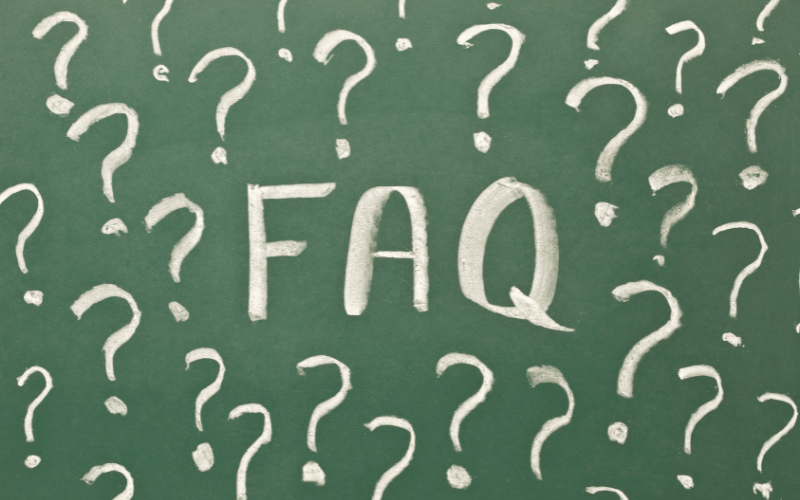Frequently Asked Questions About Low Blood Sugar
1. What should I do if I suspect my blood sugar is low?
If you’re feeling symptoms of low blood sugar, the best initial response is to consume 15 to 20 grams of fast-acting carbohydrates, such as a glass of fruit juice or a few pieces of hard candy. After 15 minutes, if your symptoms don’t improve, repeat the process.
2. How often should I check my blood sugar levels?
This depends on the individual and their specific health conditions. Some might need to check it multiple times a day, while others might only need to check it a few times a week. Always follow your healthcare provider’s advice.
3. Can low blood sugar occur in non-diabetics?
Yes, low blood sugar is not exclusive to those with diabetes. It can occur due to certain medications, excessive alcohol consumption, certain critical illnesses, and even as a result of prolonged fasting.
4. How can I prevent low blood sugar levels?
Regularly monitoring your blood sugar levels, maintaining a balanced diet, exercising regularly, and adhering to any medication protocols can help prevent low blood sugar. Always follow the advice of your healthcare provider.
5. Can low blood sugar levels be life-threatening?
In severe cases, low blood sugar can indeed be life-threatening. Symptoms like seizures and loss of consciousness are medical emergencies. If left untreated, severe hypoglycemia can result in coma or even death. Therefore, understanding and recognizing the warning signs of low blood sugar is critical.
Conclusion: A Journey Towards Better Health
Understanding the warning signs of low blood sugar is like learning a new language—the language of your body. This awareness arms you with knowledge, enabling you to interpret your body’s signals and take the right actions when needed. When it comes to low blood sugar, recognizing these 15 symptoms is a significant step forward on your health journey.
From the discomfort of excessive hunger to the severity of seizures or loss of consciousness, these signs offer valuable insights into your body’s state. While it can be distressing to experience these symptoms, remember, they’re your body’s way of communicating with you and asking for help.
You don’t have to navigate this journey alone. Healthcare professionals are your allies, guiding you and providing support. If you often experience any of these symptoms, it’s important to discuss them with a healthcare professional. They can help identify the causes and devise an appropriate management plan.
Moreover, maintaining a balanced diet, regular exercise, and consistent monitoring of your blood sugar levels can also make a world of difference in preventing low blood sugar incidents. In many cases, lifestyle adjustments can have a profound impact on your health.
